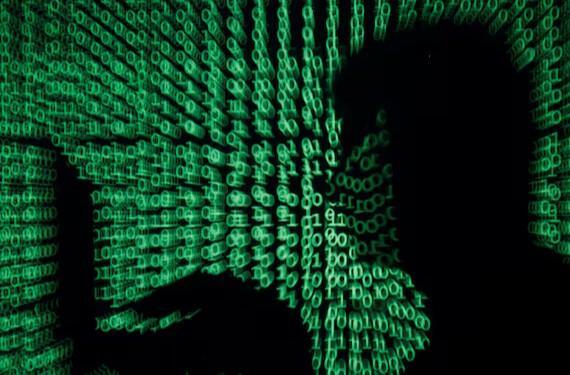
Chinese Man Wanted for Stealing Covid Data Held in Italy: US
The United States Department of Justice has made a significant breakthrough in its efforts to combat cybercrime, with the arrest of a Chinese state-sponsored contract hacker, Xu Zewei, in Italy at the request of Washington. Xu is alleged to be part of a hacking group that stole COVID-19 vaccine secrets from the US on behalf of Chinese intelligence at the height of the pandemic in 2020.
According to a statement released by the US Department of Justice, Xu was arrested on July 1, 2025, in Italy, where he had been living under an assumed identity. The arrest was the result of a joint investigation between the US Federal Bureau of Investigation (FBI) and Italian authorities.
The US Department of Justice accused Xu of being a member of a hacking group known as APT41, which is believed to have carried out a series of cyber attacks on behalf of the Chinese government. APT41 is said to have targeted numerous US companies, including those in the healthcare and technology industries, in an effort to steal sensitive information and intellectual property.
The hacking group is also accused of stealing COVID-19 vaccine secrets from US companies, including pharmaceutical giant Johnson & Johnson, in an effort to undermine the development of vaccines and treatments for the virus. The stolen data was then allegedly used by Chinese scientists to develop their own COVID-19 vaccines and treatments.
The Chinese government has previously denied any involvement in the hacking group and has accused the US of spreading false information to discredit China. However, the US Department of Justice has produced evidence that links Xu to APT41 and to the Chinese government.
“We are grateful to the Italian authorities for their cooperation and assistance in bringing Xu to justice,” said US Attorney General, Merrick Garland. “This arrest is a significant blow to the Chinese government’s efforts to steal sensitive information and intellectual property from the United States.”
Xu’s arrest is the latest in a series of high-profile cybercrime cases that have been linked to the Chinese government. In recent years, the US has accused China of engaging in widespread cyber espionage and hacking, including the theft of sensitive information from government agencies, companies, and individuals.
The case against Xu is significant not only because it highlights the extent to which the Chinese government is willing to go to steal sensitive information, but also because it demonstrates the effectiveness of international cooperation in combating cybercrime.
“This case is a prime example of how international cooperation can be used to disrupt and dismantle cybercrime networks,” said FBI Director, Christopher Wray. “We are committed to working with our international partners to bring cybercriminals to justice and to protect the security and privacy of individuals and companies around the world.”
The arrest of Xu is also a significant blow to the Chinese government’s efforts to develop its own COVID-19 vaccines and treatments. The stolen data is believed to have given Chinese scientists a significant advantage in the development of their own vaccines and treatments, and the arrest of Xu may undermine China’s ability to continue to use stolen data to further its own interests.
The case against Xu is also significant because it highlights the need for companies to take stronger measures to protect their data and intellectual property from cyber attacks. The hacking group’s ability to steal sensitive information from US companies highlights the vulnerability of companies to cyber attacks, and the need for companies to take stronger measures to protect their data and intellectual property.
In conclusion, the arrest of Xu Zewei is a significant breakthrough in the US Department of Justice’s efforts to combat cybercrime. Xu is alleged to be part of a hacking group that stole COVID-19 vaccine secrets from the US on behalf of Chinese intelligence at the height of the pandemic in 2020. The case highlights the extent to which the Chinese government is willing to go to steal sensitive information, and demonstrates the effectiveness of international cooperation in combating cybercrime.



